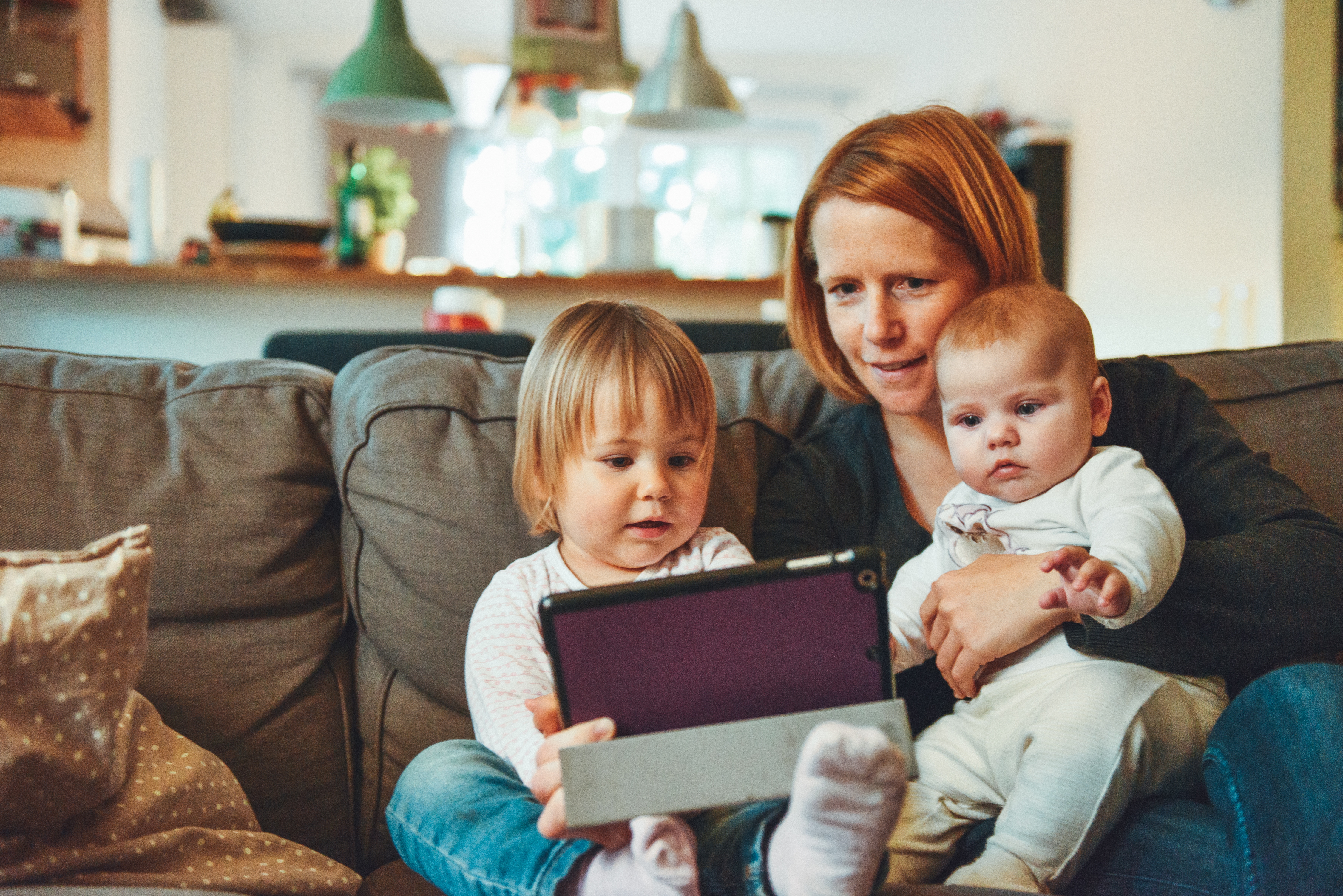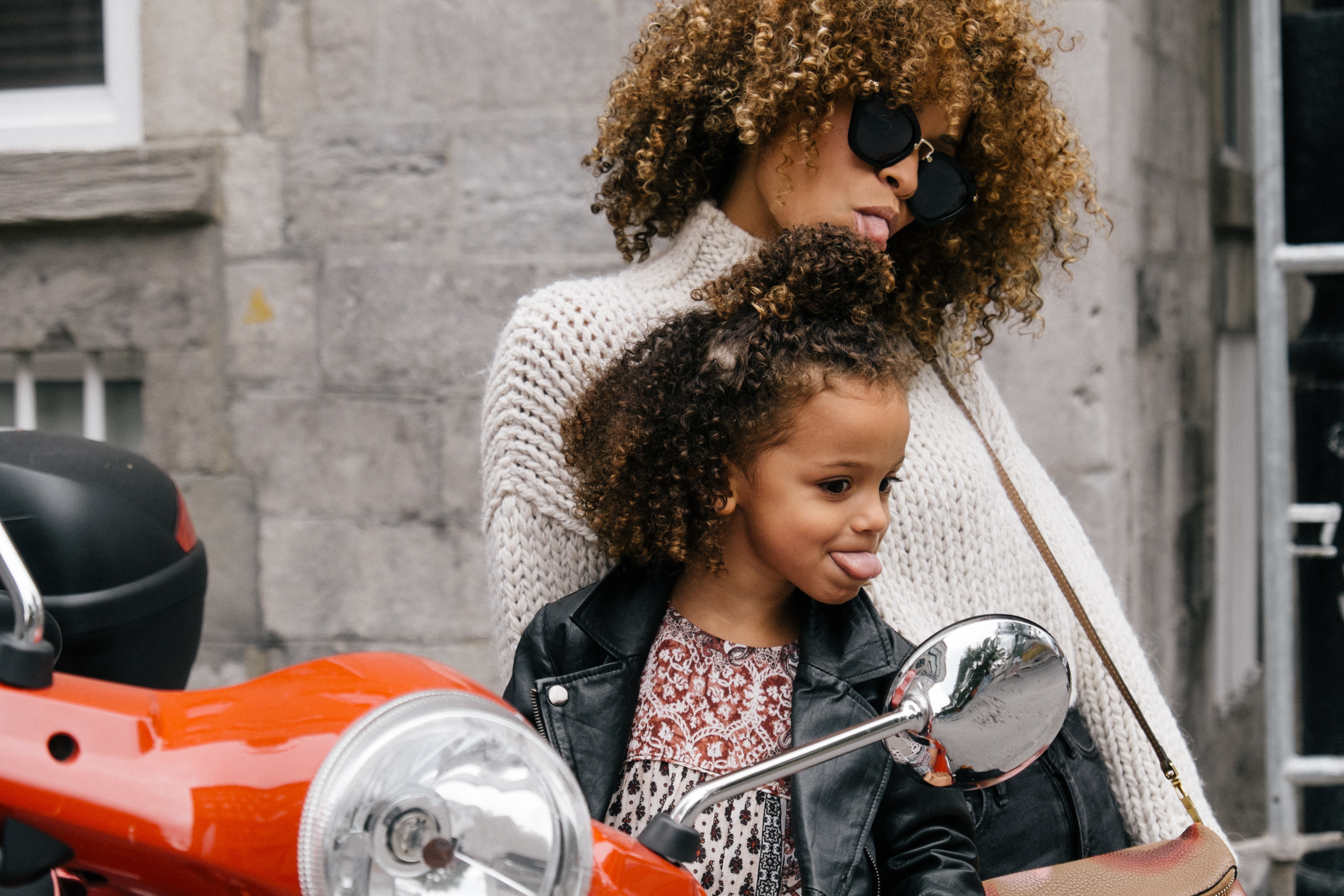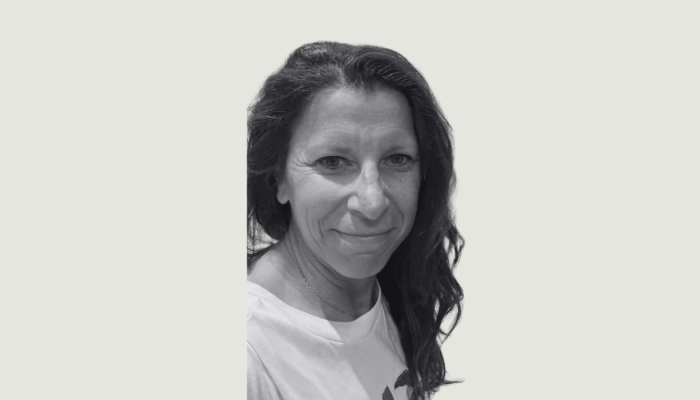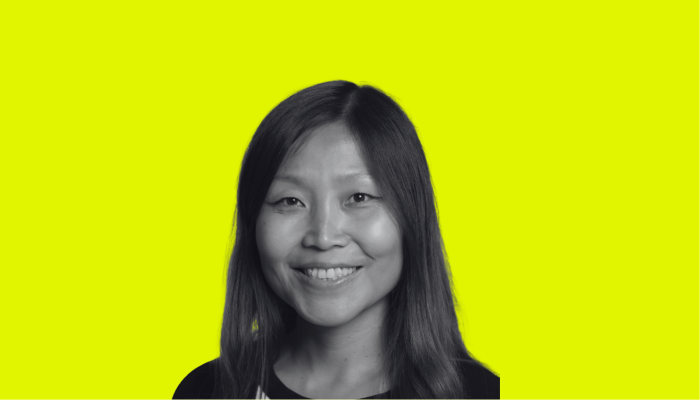Do you remember when mummy bloggers and mummies on social used to get in the ear for editing their parenting lives and presenting them in such a way as to suggest perfection?
Or at the other end of the spectrum, exposing their anxieties and late-night fears in forums like Mumsnet?
I do. I thought they were mental. It’s one of the reasons I didn’t want to be a mum.
I thought I’d turn into one of them—go all wild-eyed and clenched, making birthday cake into the small hours, and then sharing it on Facebook to demonstrate how incredibly perfect I was (while necking Pinot Grigio laced with Valium and smiling through gritted teeth). It looked a bit too perfect, like the glazed tip of an insanity iceberg.
And I didn’t know how to make cake.
While I’m being a bit dramatic, it is true that the initial waves of social, digital motherhood could appear over anxious or dubiously perfect. And from this cool distance that’s no surprise: for the first time women in their thousands were connecting across otherwise invisible boundaries.

They were voicing their everyday concerns and successes: finding people beyond their immediate peers and family to listen and advise on the fears or anxieties a mother naturally feels, and also sharing the happier moments. The world had never glimpsed inside motherhood like this before, certainly not at this scale. What had been a more private or smaller social experience was suddenly a big social deal. And mothers had never been watched—and ultimately critiqued—in quite that way either.
The experience itself was changing in the digital petri dish too. Information sought by, and sent to, mums exploded on digital channels.
Every aspect of pregnancy and child-rearing could be investigated in a second and the chance to prepare for this new juncture in life was, naturally, seized. At the same time, brands fought to be mama’s best friend and sent information swarming to her inbox. And late at night, more fearful searches often popped up. (I know this because I am a mum now; without sleep or reason, if you think your kid might have Ebola, there will definitely be a website confirming they do.) Mums were experiencing simultaneous streams of support and anxiety from the internet and their social communities. No wonder it all looked unsettled.
It’s worth noting that Mumsnet was launched in 2000—four years before Facebook. These new mums were also new social network users. Sleep-deprived pioneers of an exploding new social world.
The platforms were rudimentary by today’s standards, the rules of engagement not yet defined, possibilities not yet fully explored—few people would even be considered active by today’s standards. What seemed crazed then is mellow compared to a quick scan of YouTube comments. The world has changed. Back then we were just beginning.
Social networks are now stitched firmly into the fabric of our everyday lives.
We’re all at it.

As it transpires, we’re all susceptible to the digital terrain: to narcissism or voyeurism, or more forthright comments behind the cloak of anonymity. We’re also more adept to using these platforms, and that is naturally reflected in the mummy bloggers and communities you see today. The pendulum has swung: This is a group of women who are utterly empowered, using digital social spaces as opportunities to connect and flourish.
They are unafraid to show all sides of parenting, including the more challenging, and I’m proud to have joined their ranks. We are the ones who fall, get up, fall, and keep going. We are the ones who consider Prosecco to be a sports drink, and of vital isotonic importance at about 3 p.m. in the afternoon. We are the ones who let their kids have ice cream, when we swore we would not. We are the ones who hide in IKEA kid tents with a glass of wine until our kids cheer up. We are the ones who lose our temper because we are so mind-bendingly tired, and regret it for days afterward.
For mums, social platforms are no longer unstructured places, places where you feel mainly aggrieved or more anxious and isolated.
Now the women using them have evolved their skills and claimed these spaces as their creative platform. A new place to express the truth of motherhood in all it’s beautiful glory and hellish challenges. At a time when you might begin to feel diminished as a person: when your energy is reserved for your kids and for your work and the only “you time” is actually your commute, this becomes an opportunity to self-actualise.
It’s the chance to be funny, to shake off the challenges and the crisp stuck to your face, and to reflect more creatively.

Everything changes. People change. Motherhood has changed. How we feel and talk about it has changed.
The myths of motherhood are vanishing in a tsunami of information, evidence, and shared experience, all accelerated by a digital social world.
The most successful apps and platforms support a capable and creative generation of women. Those who choose to be mums (and of course those who don’t) use them deftly—for creative development, to actualise beyond the mundanity of motherhood. It’s not all hard work but my God some of it is. We don’t need to be told by brands that we’re doing ok, because we know we are. And that support is more powerfully administered in closer social circumstance digital or otherwise.
Is it just me or is there a greater sense of sisterhood than there used to be? Less fear of failing, less pretense, more support, more humour and more success.
It’s time to reset the picture of mums: neither downtrodden nor ungracious, but normal, modern women, getting on and working it out: empowered, creative, tired! All power.
By Ellie Cavell-Clarke, strategy director, POSSIBLE London



